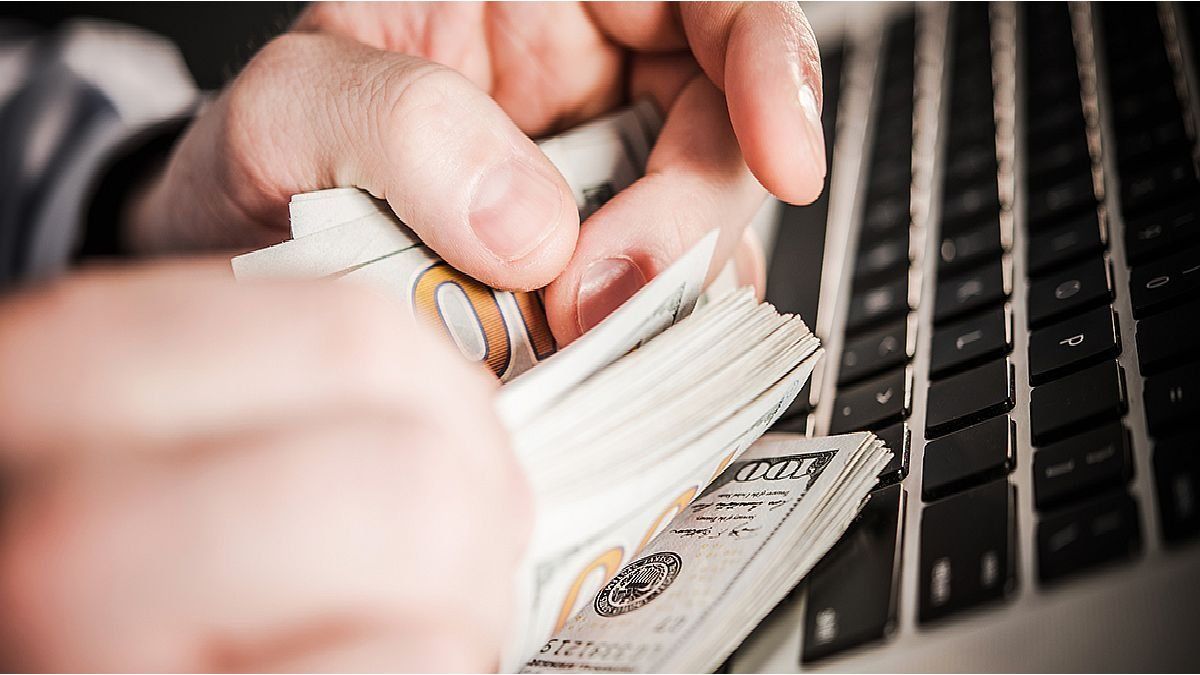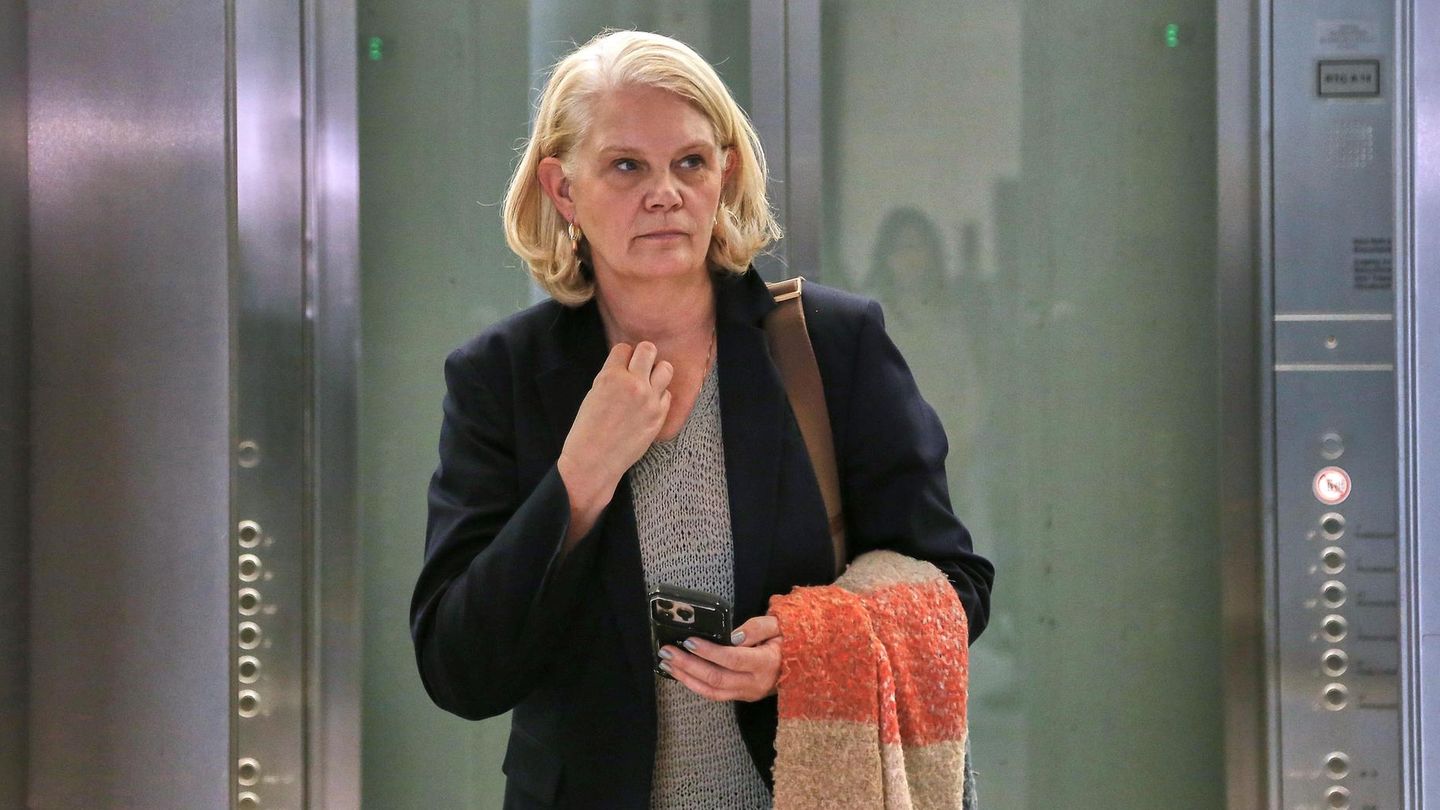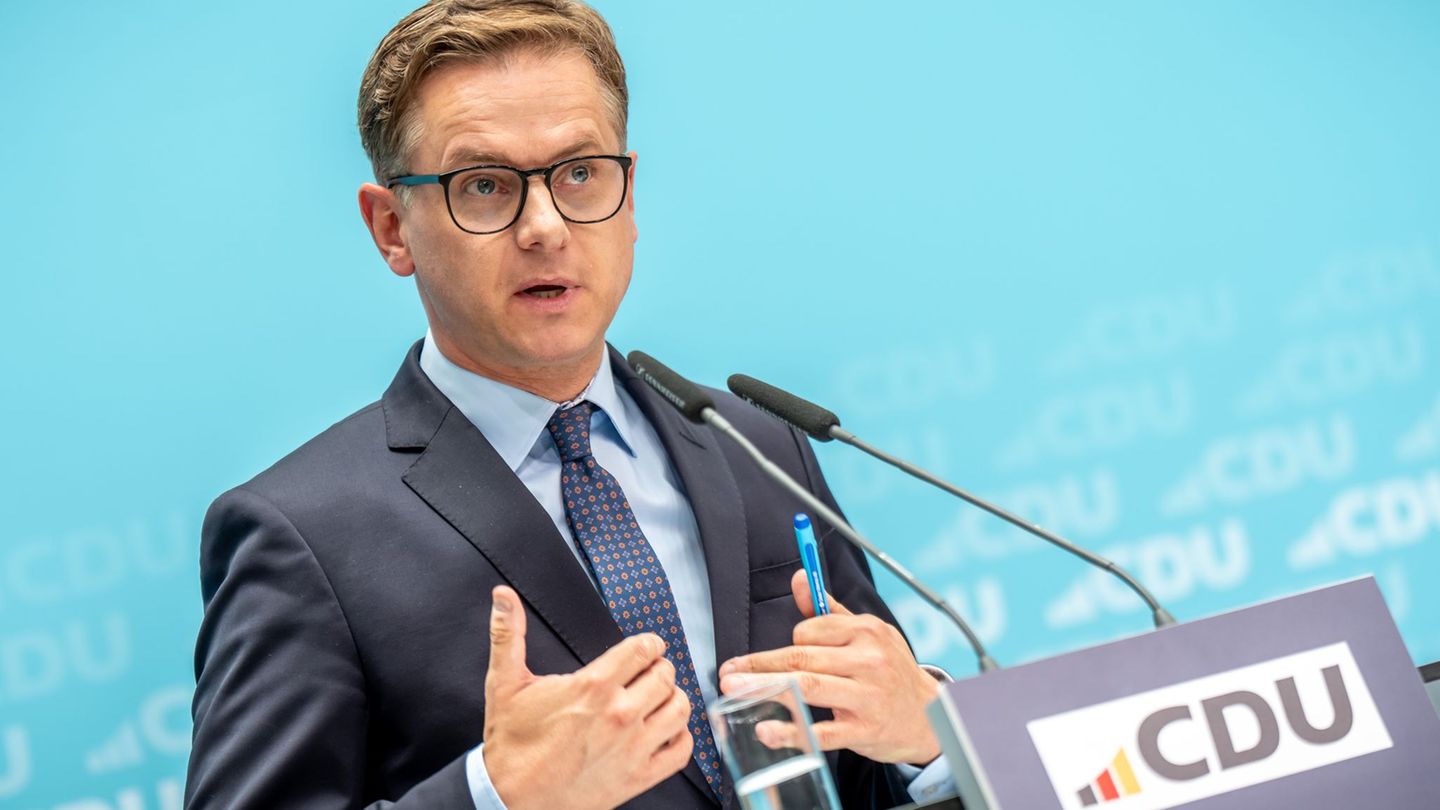The project of omnibus law presented by the Executive power raises, among other points, a money and asset laundering, which focuses its incentives on those individuals with up to US$100,000 undeclared. Specialists consulted by Ámbito see the proposal as attractive, but estimate that it will not reach the levels of Macri money laundering and that it is a mistake not to add rewards to compliant taxpayers.
The proposal to externalize goods and assets is not new, rather common to the last three administrations: it was carried out with Mauricio Macri as president, Sergio Massa proposed it in his role as candidate and now Javier Milei adds it in the refoundation project that he will seek to discuss in The congress.
He incentive is focused on those Subjects who have up to US$100,000since your registration there would be no costas nor any amount transferred to the Special Asset Regularization account that will be created and left immobilized until January 1, 2026. Mauricio Macri had established the free registration limit at US$20,000.
For Alberto Mastandrea, tax and legal partner at BDO Argentina, this is a “broad” laundering in terms of the subjects summoned to join the regime, because it includes both the country’s residents, whether humans or companies, as subjects of the exterior with respect to the assets they have here and have not been exteriorized. Furthermore, it is “generous” due to the release of all tax obligations prior to regularization and “attractive” in relation to the application of the special tax, that toll that will be non-existent below US$100,000.
According to the legislative initiative, The deadline to enter will be until November 30, 2024, although an interim payment is proposed to be formalized before September 30 of the same year. In turn, the cost of laundering goods and assets is divided into three aliquots, depending on when it is adhered: 5% until March 31, 2024, 10% from April 1 to June 30 and 15% from July 1 to September 30, as long as the payment of the balance of the cost is until November 30. The basis for calculating the tax will be in dollars, including goods in pesos. These rates are applied once the money is mobilized after 120 days of deposit. If transferred before that period, the rates are 8.75%, 17.5% and 26.25% respectively.
Laundering will require a prior advance payment plus another balance payment with presentation of DDJJ. In addition, it proposes the possibility of joining Argentine residents who have emigrated, while they reacquire their tax residence. Non-resident Argentine tax subjects will maintain limitations.
The initiative is presented at an opportune time, since as of September 2024 the agreement for the exchange of financial information with the United States will be in force, which will cover the period 2023. Along the same lines, Fernanda Laiún, from the LFS study, highlights that The US is going down a path of greater information requirements, especially in states like Florida or Delaware. “It will be necessary to provide more information, announce directors, partners, maintain a different address from the person who registers the company with each State. That will be an incentive to enter this money laundering,” says the specialist.
However, For Laiún, the highlight is the possibility of laundering cash at zero cost, as long as an ad hoc account remains until 2026. “More than money laundering, it is a gift to encourage investment in financial instruments,” says the tax expert.. The money deposited in the special account must be deposited there, but it may be invested in instruments that the Executive will define. From the tax sector they confirm off-screen that The possibility of resorting to real estate investments and public securities as alternatives to asset laundering abroad is being studied.
For Sebastián Domínguez, CEO of SDC Asesores Tributarios, the possibility of making future exchange agreements with countries with which they have not yet been implemented can generate an incentive to launder certain holdings, so that later the taxpayer does not have to regularize their situation by detection. of the treasury. Likewise, he warns that money laundering “should be exceptional measures” when in Argentina it is a “recurrent and permanent” project.
Whitewashing: what result is expected?
With everything, It does not seem to be a whitewash with a greater result than that carried out by Macri. According to the specialist, this would be because There are many people who are reluctant to have laundered their assets in 2016, under the promise of reducing Personal Assets, something that did not happen.. “They had to pay the tax and then it increased exponentially, from 0.25% to 2.25% for goods taxed abroad,” explains Domínguez.
So, due to the lack of certainty after “having trusted rules that changed”, he understands that “the minimum and essential” will be whitened for purchases like a new car or apartment. Anyway, There are two points that mark a greater benefit than the laundering carried out by the former president: in the first stage, the rate was higher during Macri’s administration (10%), and the limit for laundering without incurring tax costs was US$20,000. On the other hand, in this project the spouses, ascendants and descendants of the affected subjects are excluded from the provisions of the regime.
Once the conditions have been established, for all the tax authorities consulted, externalization will require two central elements: on the one hand, the level of trust in the Government, which at the moment is considered good. On the other hand, the proposal to reduce Personal Assets. The project not only includes the possibility of paying the tax for the next five years today at a preferential rate, but also a reduction and unification of the tax rate.
Mastandrea agrees on the first point, although he assumes that only in the first year of administration will the confidence index in the President be known. Regarding the second aspect, he does not consider that the tax reduction is aggressive enough to guarantee that externalization is large. Anyway, he understands The lack of awards for compliant taxpayers who prove good behavior does not contribute to the fairness of the proposal.
Source: Ambito




